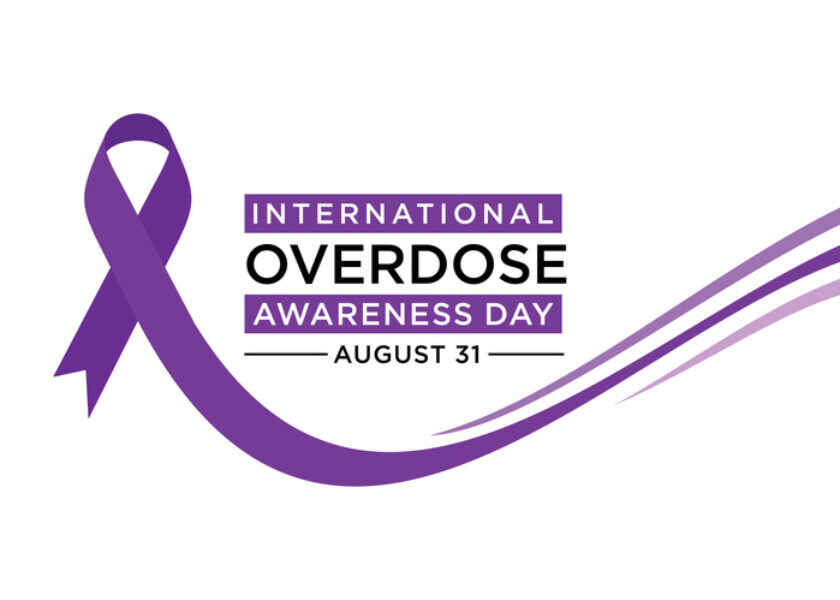
Michigan Laws Related to Right of a Minor to Obtain Health Care without Consent or Knowledge of Parents
Issue BriefHealth Information and Data SharingMichiganThis document summarizes the rights of minors to consent to various types of health care without the consent or knowledge of their parents. It also covers whether the law permits information concerning the minor’s health care to be shared with the parent. Though the details of this document apply only in Michigan, the legal provisions likely have counterparts in other states. Lawyers in other states may have developed, or could develop, comparable summaries for their states. You may wish to talk with your attorney, or visit the Public Health Lawyer Directory to find a public health attorney in your state.











